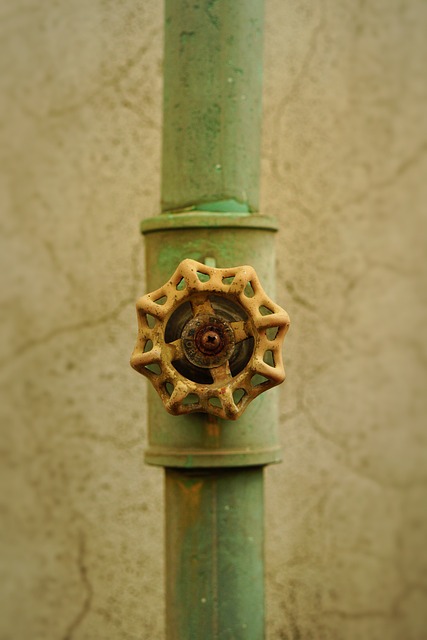Pipe leaks often go unnoticed until they cause significant damage or sky-rocketing water bills. To catch potential issues early, homeowners should look for subtle signs like rising water bills, musty odors, mold growth, and unexpected changes in water pressure. Regularly checking these silent indicators allows for prompt action, preventing costly repairs and promoting efficient water usage. Implement Pipe Leak Detection Tips such as turning off the main water valve, checking for water accumulation, examining pipes for damage, and using moisture meters to safeguard your home and budget from hidden plumbing problems.
Every homeowner should be aware of the silent signs of a pipe leak, as swift action can prevent costly damage. Leaks often go unnoticed until they turn into emergencies, so understanding subtle indicators is key. This article equips you with essential pipe leak detection tips and insights on preventive measures. Learn to recognize common silent signs and discover effective detection methods. By following these guidelines, you’ll be well-prepared to address potential issues before they escalate, saving you time, money, and stress.
- Understanding Common Silent Signs of a Pipe Leak
- How to Effectively Detect a Leaking Pipe
- Preventive Measures and When to Call a Professional Plumber
Understanding Common Silent Signs of a Pipe Leak

Many pipe leaks go unnoticed due to their subtle nature, but being aware of common silent signs can help homeowners catch potential issues early. One of the initial indications is an unexpected rise in your water bills. Even small leaks can significantly increase your consumption over time. Another subtle signal is the presence of musty odors or mold growth in areas like basements or bathrooms. Moisture from a leak can create ideal conditions for mold to thrive, often accompanied by a distinct earthy smell.
Additionally, keep an eye out for unexpected changes in water pressure. A sudden drop in pressure might indicate a leak somewhere in your plumbing system. Look for evidence of water stains on walls or ceilings—even small, discolored patches can suggest a hidden leak. Regularly checking for these silent signs can empower homeowners to address pipe leaks promptly, preventing costly damage and ensuring efficient water usage.
How to Effectively Detect a Leaking Pipe

Detecting a pipe leak early can prevent significant damage and costly repairs. Start by familiarizing yourself with subtle signs that might indicate a problem, such as unusual noises from pipes or persistent dampness in areas not associated with known water sources. Regularly checking for these signs, especially during colder months when pipes are more prone to freezing and bursting, is crucial.
Next, employ practical Pipe Leak Detection Tips. Turn off the main water supply valve and then check for water accumulation around pipes and fixtures. Also, examine pipes for visible cracks or bulges. In hard-to-reach areas, use a moisture meter to detect any leaks you might miss. If you suspect a leak, act swiftly; even small drips can lead to substantial water damage over time.
Preventive Measures and When to Call a Professional Plumber

Regular maintenance is key in preventing pipe leaks, a crucial aspect often overlooked by homeowners. Implementing simple Pipe Leak Detection Tips can significantly reduce the risk. Start by inspecting visible pipes for any signs of damage, corrosion, or moisture. Regularly check for unusual noises like dripping or rushing sounds, which might indicate a leak. Insulating pipes against extreme temperatures and using heat traps in frozen areas is an effective preventive measure. Additionally, maintaining clear drainage systems and clearing sewer lines annually can prevent clogs and associated pressure issues that lead to leaks.
While some minor leaks can be repaired by homeowners, it’s essential to know when professional help is required. Persistent or widespread leaks, especially those affecting multiple fixtures or pipes, should prompt immediate action. A plumbing professional is equipped with advanced leak detection tools and has the expertise to identify complex pipe issues. They can also provide expert advice on pipe replacement, repiping, or other solutions tailored to your home’s specific needs.
Pipe leak detection tips are crucial for every homeowner to know, as they can often identify subtle signs of trouble before it becomes a major issue. By understanding common silent signals like unusual noises, water stains, or reduced water pressure, you can effectively detect and address leaks promptly. Regular checks and preventive measures can save you from costly repairs and potential damage. Remember, when in doubt, consult a professional plumber for expert advice and reassurance.
